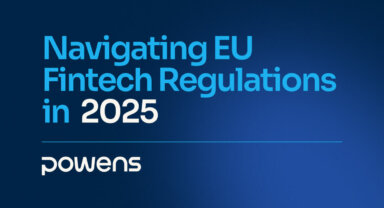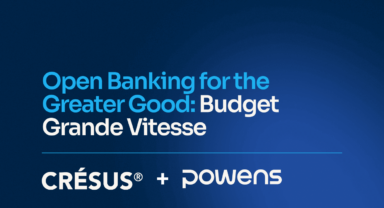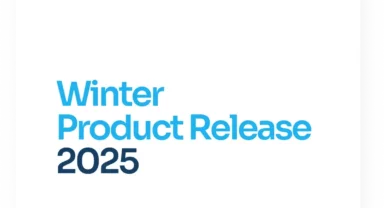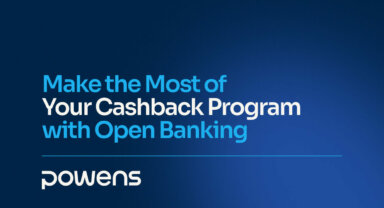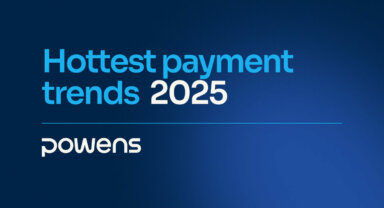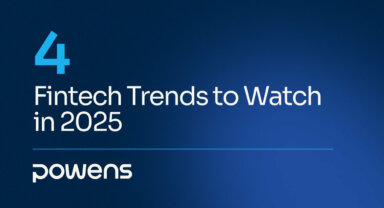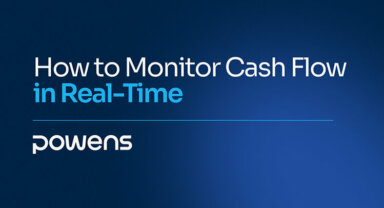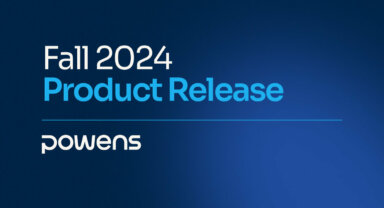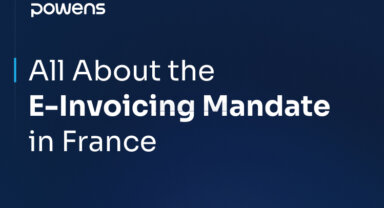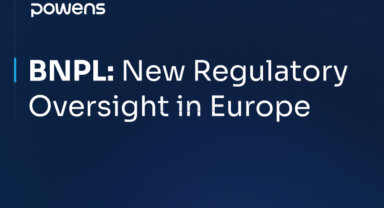In France, Open Banking is gradually giving way to Open Finance, flourishing at a very high speed. Offering people and companies numerous concrete benefits, Open Finance is full of new promises not even imagined yet. Let’s take a look at the market situation and see what the underlying trends are.
Open Finance over Open Banking
Data openness, made possible through Open Banking, enables the breakthrough of innovative financial services which meet real market needs. However, this data coming from payment accounts is clearly not enough. This is where Open Finance comes into its own, along with all financial data not limited to payment accounts data; such as savings accounts (short, medium and long term), life insurance contracts, securities accounts, retirement and savings contracts, cryptocurrencies, etc. are included.
Even if many people claim that this is the next step of Open Banking, it has actually been real for several years now, and the usage is multiplying. Indeed, our findings show that 60% of the 2.7 million of banking accounts synchronized by our clients’ users are accounts outside PSD2!
Behind the Open Finance revolution
What is the point of an innovative technology, even the most promising one, if it is not used and does not find a concrete utility in daily life? None.
Innovation cannot be reduced to a simple technological leap; it only makes sense if it adds value by pragmatically meeting an identified user need. Today, these Open Finance technologies offer individuals and companies plenty of opportunities. The main ones we can think of are:
- Better manage their money, spend wisely or save further,
- Calculate their carbon footprint according to their expenses or consumption habits for instance,
- Finance long-term projects by saving smartly and automatically,
- Improve their purchasing power by benefiting from automatic cashback without even having to think about it,
- Ensure companies’ sustainability thanks to cash-flow forecasting solutions,
- Exchange, pay and get paid more easily with maximized security and reduced expenses,
- Enable individuals and entrepreneurs to access loans to achieve their projects even if their files do not meet all the requirements,
- Steer the management of one’s company, from accounting reconciliation to supplier payments, including salaries payments, thanks to Banking as a Service (Baas) players like Spendesk and Treezor. BaaS is a real means to make Open Finance grow. Players in France are multiplying, inspired by the business model of Solarisbank in Germany, empowering fintech firms and other businesses.
Uses are not limited to the recovery of data related to payment accounts. The tech companies like Budget Insight can tackle needs in many markets, not exclusively in the financial ecosystem. Consequently, recovery of all financial assets is crucial, and the field of possibilities is almost infinite.
Technologies, which are increasingly comprehensive and innovative, and the fact that market players put their trust in them is with no doubt the best testimony we can receive. However, this success does not come without any hurdles.
When looking at Open Banking, the PSD2 has clarified the legitimacy of the technologies linked to payment accounts, but this is still not enough. The ‘other types of accounts’ have been forgotten even though they are essential for most uses, including historical and classic Personal Finance Management use cases. How can we promise a 360 degree view of one’s financial assets and provide accurate advice if we only provide a very partial version of their financial situation? We just can’t.
As often, regulation is lagging behind. It comes as a reaction to innovations that have already been around for more than ten years. With the right to portability brought by GDPR, what is not covered by PSD2 can be covered, but it does not require, unlike with PSD2, to make APIs available to retrieve data from other accounts.
The same observation applies to CNIL, the French data protection authority, which sets out the principles for a mandate to use personal data, but not the practical and technical conditions. The absence of a technological standard does not facilitate our activity, but web scraping remains reliable and enables us to give life to new use cases.
Some of the French banks are aware of the need to retrieve all data. This is why they are considering integrating this data into their PSD2 API or facilitating access to this other data through other technical means, but this remains on the fringe.
Overcoming the remaining vagueness to advance towards Open Data
I believe we should follow the example of the Berlin Group, which has started working on a standard called the ‘openFinance API framework’, with the aim to leverage the NextGenPSD2 API Framework technology and infrastructure investments and to offer enhanced services, products and information that will benefit market players and further improve customer experiences. Their work adds standardized extensions beyond the PSD2 regulatory scope that enables TPPs to access bank accounts for commercial premium services and enriched data.
By expanding the access of customers’ financial data to broader data sources and additional account types, TPPs will be able to develop new technologies and thus empower end users to actively choose the products and services which offer the best value they need.
When innovative services meet obvious needs, regulations will adapt. It will take some time but the endgame is known. Everyone holds their own data, whether it is financial or not, and we will very clearly enter this Open Data era with the same objective: empowering consumers and businesses.
Let’s open up finance!
Find out how Powens can help you build better banking services and experiences.
Learn more

 Mar 26, 2022
Mar 26, 2022 



